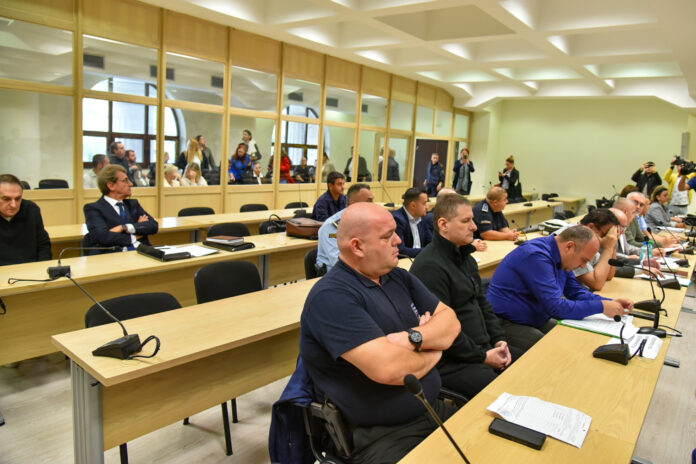Our solvable problems

Experience teaches us that at the beginning of the introduction of changes to an organization, there are always certain problems – or due to the under -preparation of the affected about the goals of the introduction of changes or because of the different interests of employees, or simply because we are reluctant to accept any changes. However, it is also shown that certain ideas in the change system require corrections because they are not in line with the goals of change.
The goals of the new public sector wage system are supposed to be attractive wages for the current and especially new employees, the elimination of anomalies that were created in the old salary system for various partial corrections, and the production of criteria for stimulating employees who did not have the old system. For fiscal reasons, the new system is claiming gradually.
Already at the first payment under the new system, there was a great deal of dissatisfaction with the new system in employees of social care and nursing, because they received about the same salaries as before. A representative of the Ministry of Public Administration comforts them to get $ 300 more since October this year, when the next level of the new salary system will be established. I think this is a great misunderstanding. Namely, in 2022, it was agreed that by the beginning of the implementation of the new salary reform, employees of social care and nursing would receive an allowance for a salary of $ 100 to $ 150 due to increased workload. In fact, they gave them an increase in order to stop the departure of these employees elsewhere and to attract more wages to new employees because they are and are still lacking. This is said to be operating the labor market. This means that higher demand than the offer increases the price. It will be necessary to decide whether to respect the functioning of the labor market and to offer an attractive salary for the domestic workforce and for the workforce from the surrounding area, or whether we will invite workers from Asia with low salaries. The latter has a « beauty » mistake. Service users in nursing homes and hospitals are expected in addition to the service itself.
Amendments to the Health Act are expected to stop the erosion of the public health system. The main opposition to this law is among some doctors and medical organizations because the freedom of the functioning of physicians in leisure is limited. In fact, they are most disturbed by the restriction of free choice of afternoon work. One of the doctors once stated that those colleagues involved in the afternoon are more dedicated to this work than regular work in the parent unit. This may be exaggerated, but the fact is that afternoon work certainly affects the effect of working in full -time employment, especially if the head of the organizational unit is also involved in the afternoon work outside its work unit. Proof that this is really disturbing is that regular employees of private and concessionaires do not come to mind that they would advocate this kind of freedom of the work of doctors.
The president of the Medical Chamber stated that public health was organized too much in order to compensate for reduced work with private individuals and concessionaires. Since medical organizations are primarily concerned about the fate of patients, as they say, I would expect any of these organizations to encourage improvement of the organization of public health, and in particular warn and promote the use of opportunities to increase earnings by afternoon work within the parent work unit, which is favorable to a new law. Otherwise, the enforcement of this Act depends largely on how the ministry will empower the heads of organizational units in healthcare and ensure that the payment of the Health Insurance Institute of Slovenia (ZZZS) for the service provided is actually coordinated with the costs of the service provided.
Janez Janša once propagated learning about patriotism in schools. He has now begun to attack a culture that has taken care of the existence of the Slovenian nation throughout history. He attacks special supplements to pensions of deserving culturalists, who were also regularly paid by his government. If he was really up to those retirees with a low pension, he would have resigned from the referendum on the aforementioned allowances and for those millions of public money we would spend for him, he proposed to the government to distribute them among the pensioners with the lowest pensions or to earn weapons, since he is a defense. Slovenia would definitely apply this. He will be able to successfully continue his pre -election campaigns without this referendum until the elections next year.
I will not attend a referendum on pensions for deserving cultural workers, as these special additives will be received by culturalists regardless of the outcome of the referendum.







:format(webp)/s3/static.nrc.nl/images/gn4/stripped/data115918166-41ba15.jpg)
